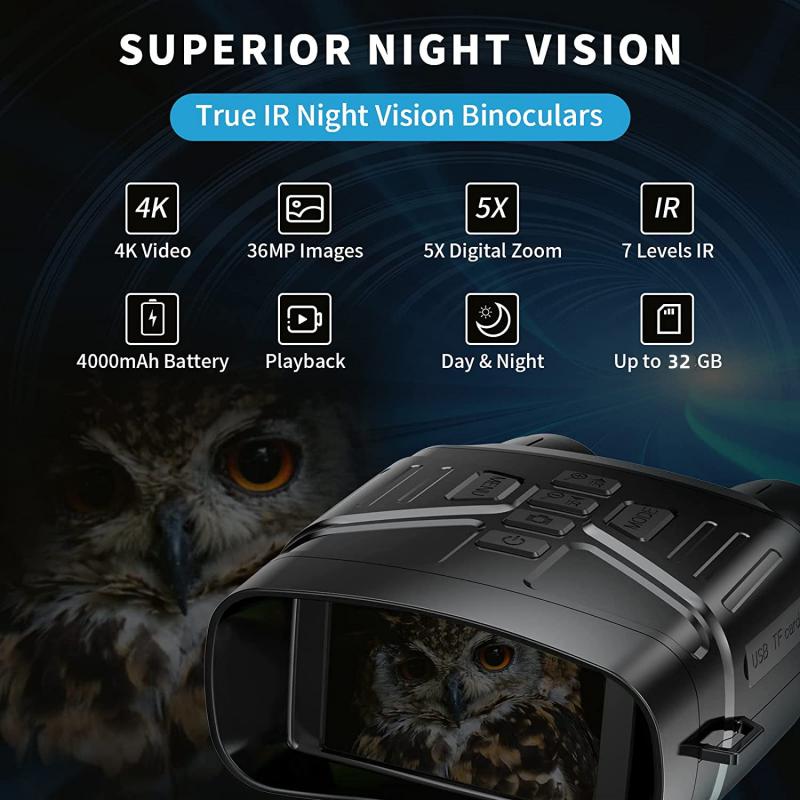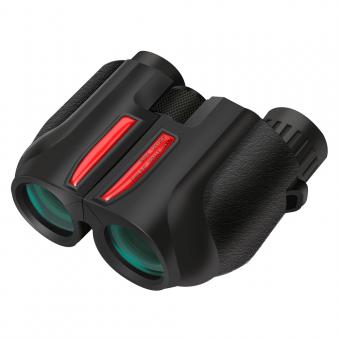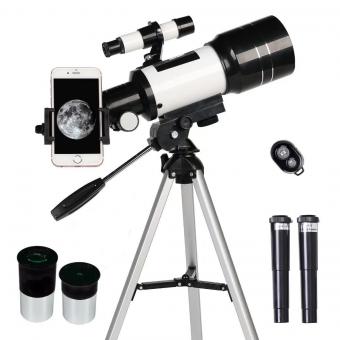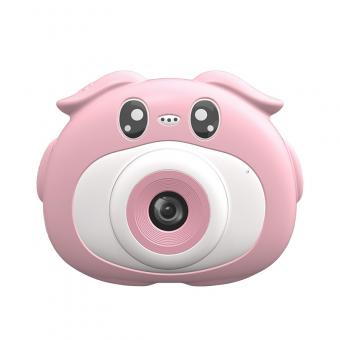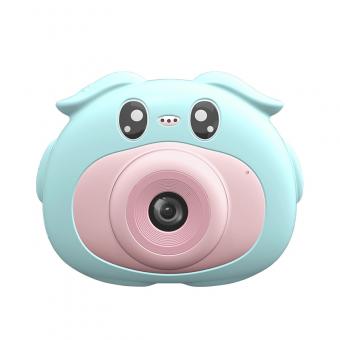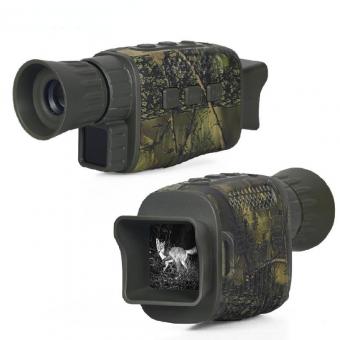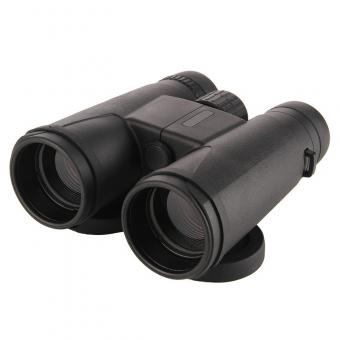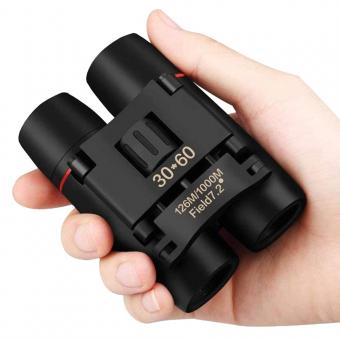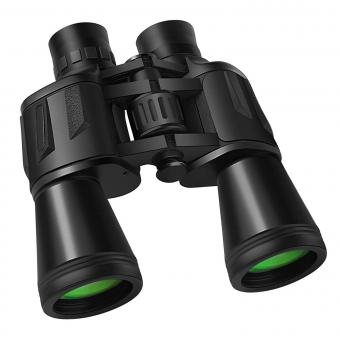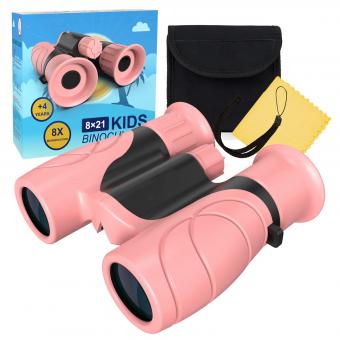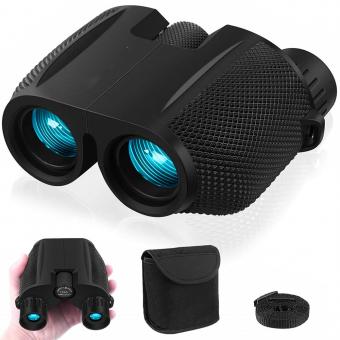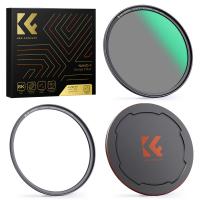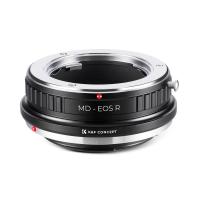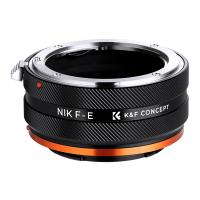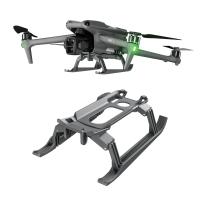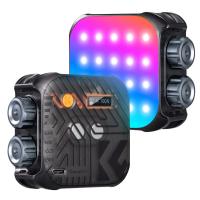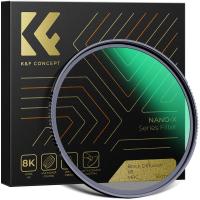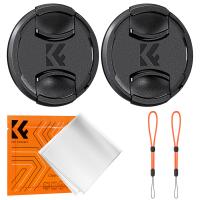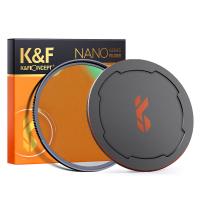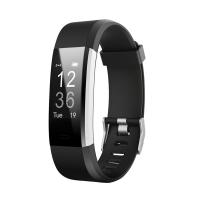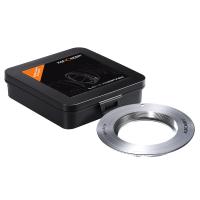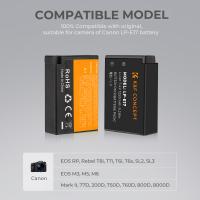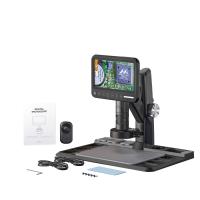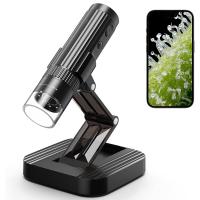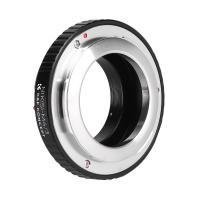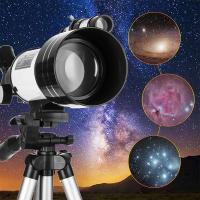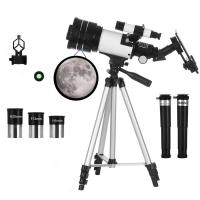What Binoculars Are Good For Astronomy ?
Some popular binoculars for astronomy include the Celestron SkyMaster series, the Orion Scenix series, and the Nikon Action Extreme series. These binoculars typically have large objective lenses (around 50mm or larger) to gather more light, which is important for observing faint celestial objects. They also have high magnification (around 10x or higher) to bring distant objects closer. Additionally, binoculars with a wide field of view are preferred for astronomy, as they allow for a larger area of the sky to be observed at once. It is also recommended to choose binoculars with good optical quality and a sturdy build for long-lasting use.
1、 Aperture: Larger objective lenses for better light gathering.
"What binoculars are good for astronomy?" Aperture: Larger objective lenses for better light gathering.
When it comes to choosing binoculars for astronomy, one of the most important factors to consider is the aperture, which refers to the size of the objective lenses. Aperture plays a crucial role in determining the light-gathering capability of binoculars, making it a key feature for stargazing enthusiasts.
Larger objective lenses allow more light to enter the binoculars, resulting in brighter and clearer images of celestial objects. This is particularly important when observing faint objects such as distant galaxies, nebulae, or star clusters. The increased light gathering power provided by larger apertures enables astronomers to see more details and enhances the overall viewing experience.
In recent years, there have been advancements in binocular technology, with manufacturers offering models specifically designed for astronomy. These astronomy binoculars often feature larger objective lenses, ranging from 50mm to 100mm or even more. The increased aperture size allows for better light transmission, resulting in improved image quality.
Additionally, some astronomy binoculars come with specialized coatings on the lenses to enhance light transmission and reduce glare. These coatings can further enhance the viewing experience by providing sharper and more contrasted images.
It is worth noting that while larger apertures are generally desirable for astronomy, they also come with some trade-offs. Larger objective lenses make binoculars heavier and bulkier, which can impact portability and ease of use. Additionally, larger apertures can be more expensive compared to smaller ones.
In conclusion, when selecting binoculars for astronomy, it is crucial to consider the aperture size. Larger objective lenses provide better light gathering capabilities, resulting in brighter and clearer images of celestial objects. However, it is important to strike a balance between aperture size, portability, and budget to find the binoculars that best suit your needs and preferences.
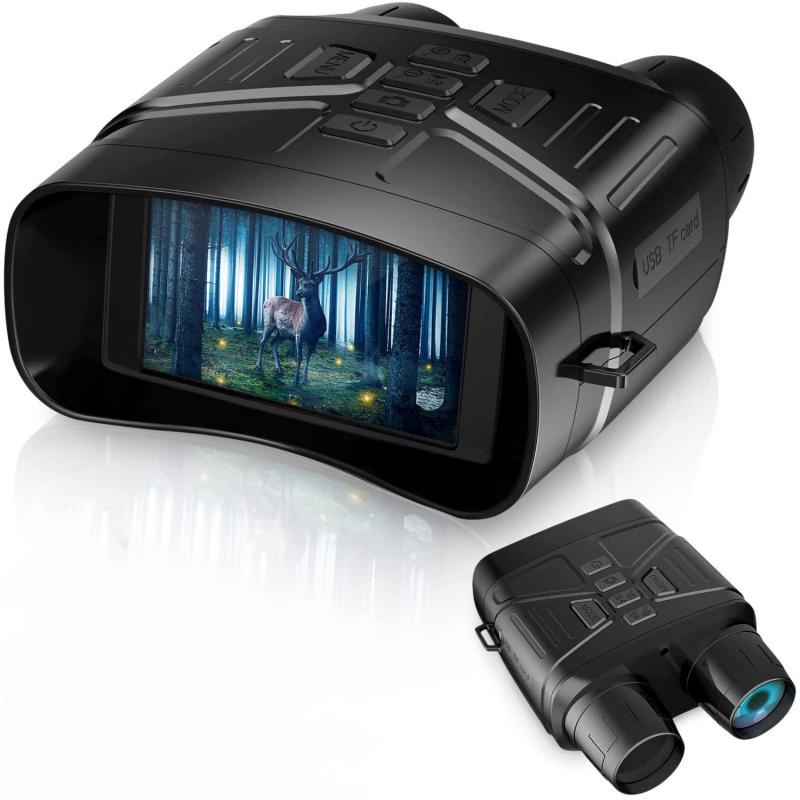
2、 Magnification: Higher power for detailed celestial observations.
What binoculars are good for astronomy? Magnification: Higher power for detailed celestial observations.
When it comes to choosing binoculars for astronomy, there are a few key factors to consider. One of the most important features is magnification. Higher magnification allows for more detailed observations of celestial objects, such as stars, planets, and even galaxies.
Binoculars with magnifications of 10x or higher are generally recommended for astronomy purposes. This level of magnification allows you to see more detail and brings celestial objects closer, enhancing your viewing experience. However, it's important to note that higher magnification also means a narrower field of view, which can make it more challenging to locate objects in the sky.
Another important consideration is the size of the objective lens. Larger objective lenses allow more light to enter the binoculars, resulting in brighter and clearer images. For astronomy, binoculars with objective lenses of 50mm or larger are often recommended.
Additionally, it is worth considering the weight and portability of the binoculars. Astronomy often involves spending extended periods outdoors, so having lightweight binoculars that are easy to carry and hold steady is beneficial.
In terms of the latest point of view, advancements in technology have led to the development of binoculars with image stabilization features. These binoculars use gyroscopes or electronic sensors to compensate for hand movements, resulting in a more stable image. This can be particularly useful for astronomy, as it allows for clearer and more detailed observations, even at higher magnifications.
In conclusion, when choosing binoculars for astronomy, look for higher magnification for detailed observations, larger objective lenses for brighter images, and consider the weight and portability of the binoculars. Additionally, the latest advancements in image stabilization technology can further enhance your astronomy experience.

3、 Field of View: Wide FOV to capture more of the night sky.
What binoculars are good for astronomy? Field of View: Wide FOV to capture more of the night sky.
When it comes to choosing binoculars for astronomy, one of the most important factors to consider is the field of view (FOV). A wide FOV allows you to capture more of the night sky, making it easier to locate and observe celestial objects.
Binoculars with a wide FOV provide a larger viewing area, allowing you to see more stars, constellations, and even fainter objects such as galaxies and nebulae. This is particularly important for astronomy enthusiasts who enjoy scanning the night sky and exploring different regions.
The FOV is typically measured in degrees, and a wider FOV means a larger area of the sky can be seen at once. For astronomy purposes, a FOV of at least 6-7 degrees is recommended. However, some binoculars offer even wider FOVs, reaching up to 8-10 degrees or more.
In recent years, there have been advancements in binocular technology that have led to the development of binoculars specifically designed for astronomy. These binoculars often have larger objective lenses (the front lenses) to gather more light, resulting in brighter and clearer views of celestial objects. They may also have specialized coatings to enhance contrast and reduce glare.
Additionally, some binoculars come with built-in image stabilization technology, which can be beneficial for astronomy as it helps to stabilize the view, reducing the shakiness caused by hand movements.
In conclusion, when choosing binoculars for astronomy, look for those with a wide FOV to capture more of the night sky. Consider binoculars with larger objective lenses, specialized coatings, and image stabilization technology for an enhanced viewing experience.

4、 Lens Coating: Fully multi-coated lenses for enhanced image quality.
"What binoculars are good for astronomy?" Lens Coating: Fully multi-coated lenses for enhanced image quality.
When it comes to choosing binoculars for astronomy, one of the most important factors to consider is the lens coating. Fully multi-coated lenses are highly recommended for enhanced image quality and improved light transmission.
Lens coating refers to the thin layers of anti-reflective materials applied to the lenses. These coatings help reduce glare and reflections, allowing more light to pass through the lenses and reach your eyes. This results in brighter and clearer images, especially in low-light conditions, which is crucial for astronomy.
Fully multi-coated lenses are considered the best option for astronomy binoculars. This means that all air-to-glass surfaces of the lenses have multiple layers of anti-reflective coatings. This coating technique minimizes light loss and maximizes light transmission, resulting in sharper and more detailed views of celestial objects.
In recent years, there have been advancements in lens coating technology. Some manufacturers have introduced new coatings that further enhance image quality. For example, certain binoculars now feature advanced coatings that reduce chromatic aberration, which is the distortion of colors that can occur when light passes through lenses. These coatings help produce more accurate and true-to-life colors in your observations.
It is worth noting that while lens coating is an important factor, there are other considerations when choosing binoculars for astronomy. These include the aperture size (the diameter of the objective lenses), magnification power, and overall build quality. However, when it comes to lens coating, fully multi-coated lenses remain the top choice for astronomy enthusiasts.
In conclusion, when selecting binoculars for astronomy, look for those with fully multi-coated lenses. These coatings enhance image quality, improve light transmission, and provide brighter and clearer views of celestial objects. Stay updated with the latest advancements in lens coating technology to ensure you are getting the best possible viewing experience.
